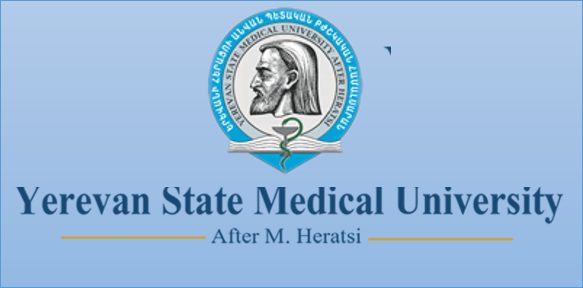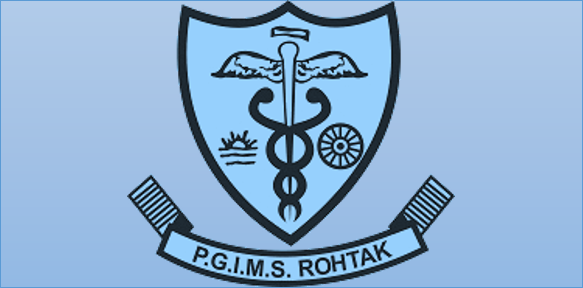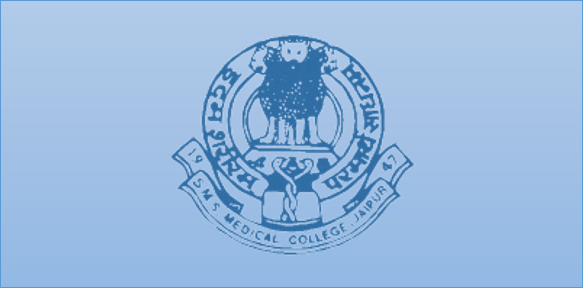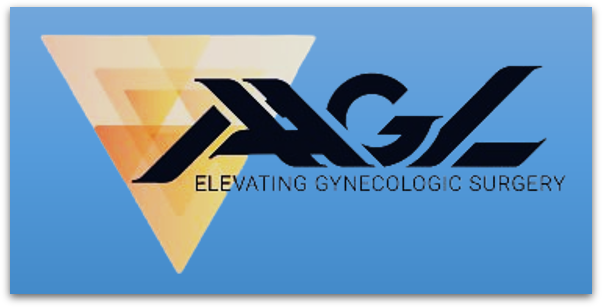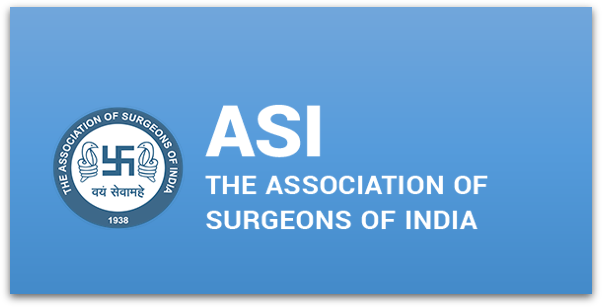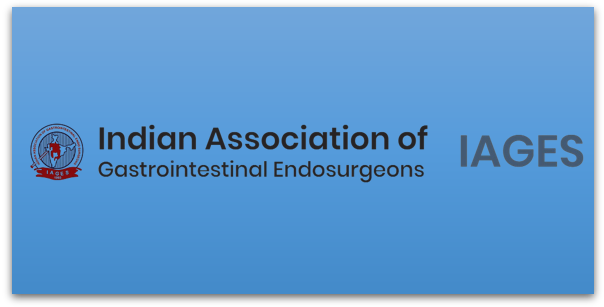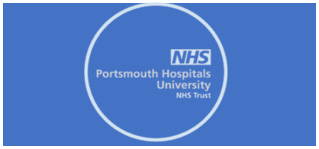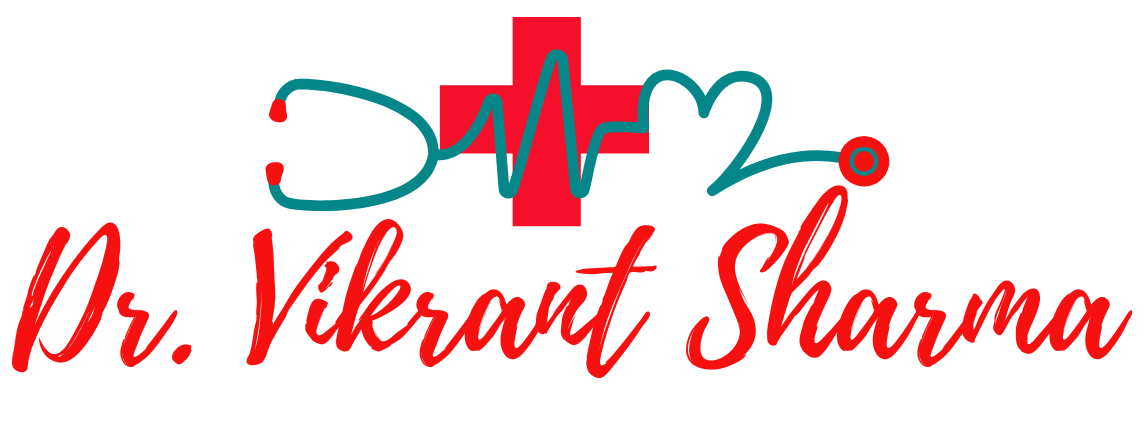





Connect with Dr. Vikrant, your trusted partner in care
There are several pancreatic diseases that affect its function and cause several other complications that require treatment. There are few diseases and disorders that affect pancreas such as pancreatitis, chronic pancreatitis, hereditary pancreatitis and pancreatic cancer.
Pancreas play an essential role in digestion of food in our body. The primary function of pancreas is to provide pancreatic juice that are basically enzymes that help in breaking down sugar, fats and starch present in the food. Another function of the pancreas is to help in regulating and processing sugar. There are several pancreatic diseases that affect its function and cause several other complications that require treatment. There are few diseases and disorders that affect pancreas such as pancreatitis, chronic pancreatitis, hereditary pancreatitis and pancreatic cancer.
Pancreatitis is basically a condition that is associated with inflammation of the pancreas. The acute pancreatitis is a condition in which it appears suddenly and lasts for a few days. While chronic pancreatitis is a condition that is more advanced and it may even last for several years. Individuals suffering from this type of condition usually suffer from a lot of pain and have complications that could be life threatening.
Symptoms:
The warning signs on symptoms for pancreatitis usually vary depending upon the type of pancreatitis the individual is suffering from. Some of the common symptoms of pancreatitis may include as
- Vomiting
- Rapid heart rate or pulse
- Fever
- Upper abdominal pain
- Tenderness in abdomen
- Abdominal pain that radiates to back
- Sudden weight loss
- Blood in stool
- Oily or smelly stool
- Excruciating stomach ache
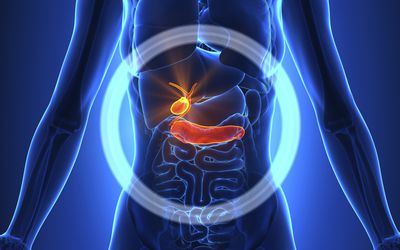
Cause:
Pancreatitis may occur due to various reasons such as scar tissue that forms in pancreas may lead to loss of function, malnutrition, damage to pancreas, inflammation of pancreas etc. It is also seen that people who have a family history of having pancreatitis are at greater risk of having it. Some other condition that may lead to pancreatitis may include:
- Gallstones
- Consumption of alcohol
- Abdominal surgery
- Pancreatic cancer
- Obesity
- Trauma
- Smoking
- Diabetes
- Injury
- Infection
- Hypercalcemia
- Hypertriglyceridemia
- Overactive parathyroid gland
- Trauma
- Reaction to certain medicines
If you are genuinely concerned about your health
Don’t hesitate to connect with Dr. Vikrant. He will provide the best consultation and offer the right treatment tailored to your health needs

Most popular and trending Questions
How does robotic surgery compare to traditional (open) surgery and laparoscopic surgery?
Robotic surgery offers advantages over traditional open surgery and laparoscopic surgery by providing enhanced precision, dexterity, and visualization, while also reducing incision size and patient recovery time
What are the benefits and risks of robotic surgery?
The benefits of robotic surgery include improved surgical outcomes, reduced pain and scarring, shorter hospital stays, and quicker recovery. However, there are potential risks such as longer operating times, costs, and technical limitations
Which surgical procedures can be performed using robotic technology?
Robotic technology can be used for a wide range of surgical procedures across various specialties, including urology, gynecology, general surgery, and cardiothoracic surgery
How does robotic surgery enhance precision and minimize invasiveness?
Robotic surgery enhances precision by offering 3D visualization, wristed instruments that mimic hand movements, and tremor filtration, while also minimizing invasiveness through smaller incisions
What training and qualifications are required for surgeons to perform robotic procedures?
Surgeons undergo specialized training and certification to perform robotic procedures, which includes simulation training, proctoring, and hands-on experience under supervision
How does robotic surgery impact patient recovery time and outcomes?
Robotic surgery can lead to shorter hospital stays, reduced pain, faster recovery, and improved cosmetic outcomes for patients, resulting in overall better outcomes compared to traditional surgery
What is the cost associated with robotic surgery compared to other surgical approaches?
The cost of robotic surgery includes expenses related to equipment, maintenance, and training, which may be higher than traditional surgical approaches. However, the potential benefits may outweigh the costs in terms of improved outcomes and reduced complications
What advancements are being made in robotic surgical technology?
Advancements in robotic surgical technology include improved imaging capabilities, ergonomic enhancements for surgeons, integration with artificial intelligence, and miniaturization of robotic platforms
Are there any limitations or challenges associated with robotic surgery?
Challenges in robotic surgery include high costs, limited availability in some regions, technical complexities, and the need for ongoing training and maintenance.
What is the future outlook for robotic surgery, and how will it continue to evolve?
The future of robotic surgery holds promise for continued innovation and advancement, with potential developments in remote surgery, telesurgery, nanorobotics, and personalized surgical approaches

